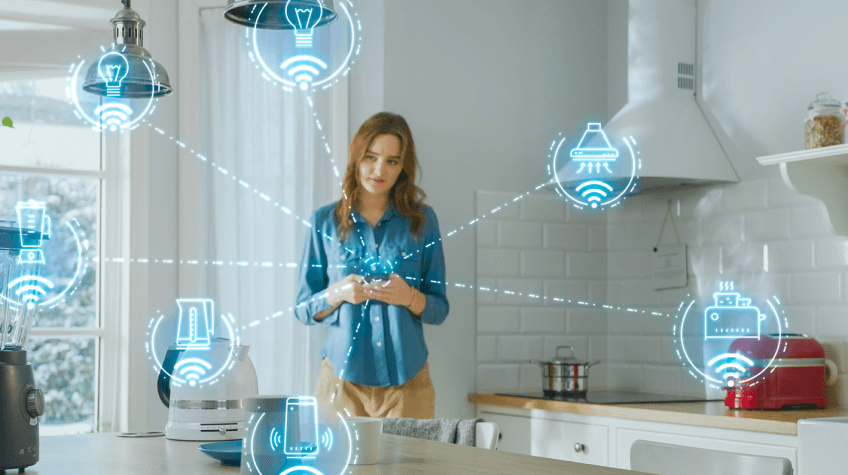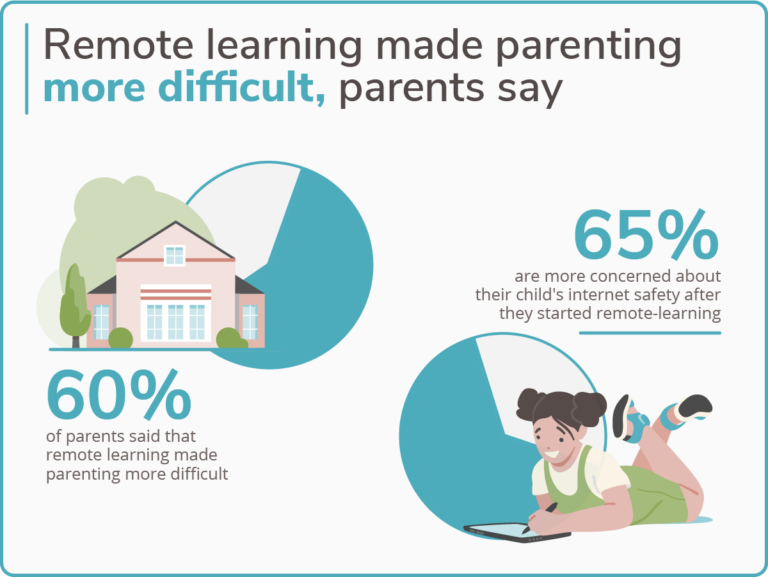How Smart Home Technology is Revolutionizing Modern Living
In today’s fast-paced world, smart home technology has become a cornerstone of modern living. By integrating advanced systems like artificial intelligence (AI) and the Internet of Things (IoT), smart homes offer unparalleled convenience, security, and energy efficiency. This article explores the evolution of smart home technology, its impact on daily life, and the future of this transformative innovation.
The Evolution of Smart Home Technology
The concept of smart homes dates back to the early 20th century, but it wasn’t until the advent of IoT and AI that the vision became a reality. Today, smart home devices like voice-activated assistants, automated lighting, and intelligent thermostats are reshaping how we interact with our living spaces. For instance, Smart Homes Using AI in India highlights how AI is driving innovation in this space, making homes more intuitive and responsive.
Moreover, the integration of IoT has enabled seamless communication between devices, creating a cohesive ecosystem. This interconnectedness allows homeowners to control everything from security systems to energy usage with a single app or voice command. As a result, smart homes are not just about convenience but also about sustainability and efficiency.
Key Benefits of Smart Home Technology
One of the most significant advantages of smart home technology is its ability to enhance energy efficiency. Devices like smart thermostats and ENERGY STAR-certified appliances optimize energy consumption, reducing both costs and environmental impact. For example, ENERGY STAR provides valuable insights into how these appliances contribute to a greener future.
Additionally, smart homes offer enhanced security through advanced systems like smart locks and surveillance cameras. These devices provide real-time monitoring and alerts, ensuring peace of mind for homeowners. Furthermore, the integration of AI allows these systems to learn user habits and adapt accordingly, making them even more effective.
Challenges and Future Directions
Despite its many benefits, smart home technology faces challenges such as privacy concerns and interoperability issues. However, initiatives like the Matter standard aim to address these problems by creating a unified protocol for device communication. This ensures that devices from different manufacturers can work together seamlessly, enhancing the user experience.
Looking ahead, the future of smart home technology is promising. Innovations like 5G connectivity and AI-driven automation are set to take smart homes to the next level. For instance, How Smart Home Technology Will Change Lives in 2025 explores how these advancements will transform our daily lives, making homes more intelligent and eco-friendly.
Conclusion
In conclusion, smart home technology is revolutionizing the way we live, offering a blend of convenience, security, and sustainability. As the industry continues to evolve, overcoming challenges like privacy and interoperability will be crucial. By embracing innovations like AI, IoT, and 5G, smart homes will become even more integral to our lives, paving the way for a smarter, greener future.
For more insights into sustainable living, check out Green Smart Home Automation 2025.
Explore how TechRadar and CNET are covering the latest trends in smart home technology.








